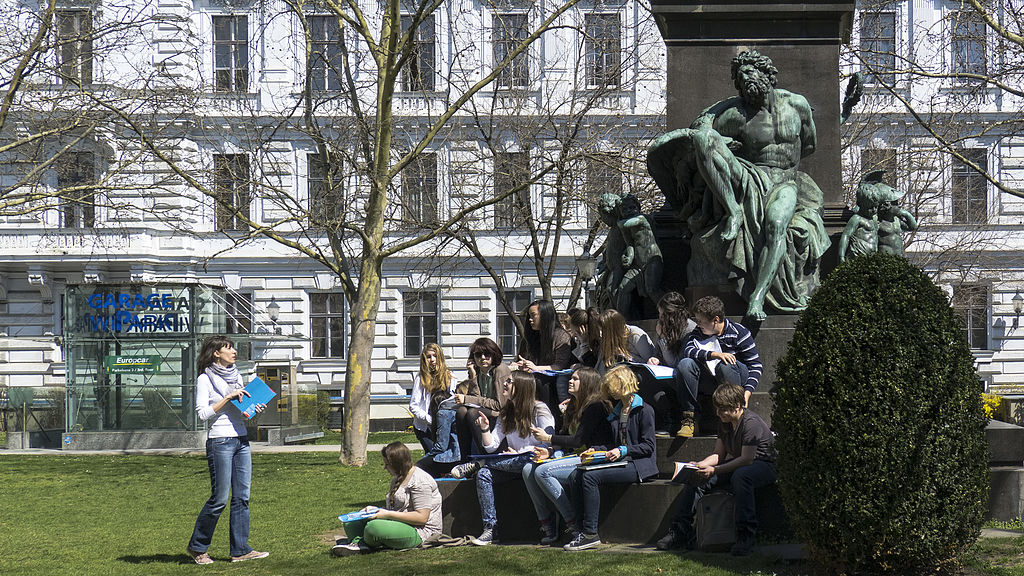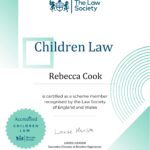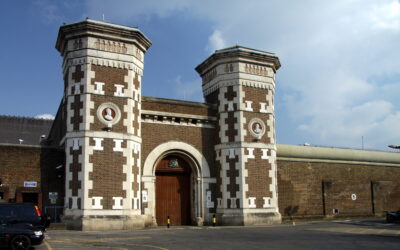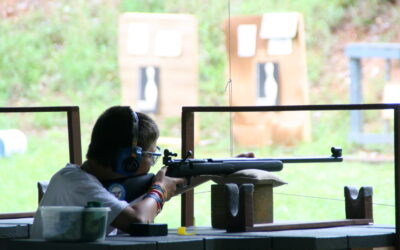
[Image credit: “File:Wien 01 Beethovenplatz g.jpg” by Gugerell is marked with CC0 1.0.)
Ofsted has announced a review into sexual abuse in schools. The review will consider the processes that schools, and colleges have in place regarding whether they are good enough to allow pupils to report abuse freely.
Why conduct a review?
A website, “Everyone’s Invited”, published anonymised accounts of sexual abuse – many of the reports related how the individuals had not felt able to report incidents to their school.
In 2011, the Court of Appeal in the case of H and Others referred to historical complaints of sexual abuse. The Court commented that those who complain in the school environment can be ignored or rejected. The result being that complaints are made years later.
What will the review consider?
The review will look at the existing safeguarding framework and guidance to see if it is strong enough to assess how the establishments safeguard and promote pupil welfare. It will also consider how the new curriculum, looking at sexual abuse, cyber-bullying, pornography and consent, will be taught.
The issue of what prevents children from reporting abuse will be investigated with a view to presenting a picture of good and poor practice. The government hopes to gain insight into the barriers to reporting and how they can be overcome.
What offences are committed in this context?
The Sexual Offences Act 2003 contains several specific offences regarding the relationship between pupils and those responsible for them. The offences come under the heading of “abuse of position of trust”.
Position of trust
The definition of ‘position of trust’ in the Act includes a person who looks after those under 18 who are receiving education at an educational institution. This definition includes both teachers and teaching assistants and means that even if a pupil is 16 or 17, and therefore of the age to consent, the offence is still committed.
The offences cover any sexual activity, not just intercourse.
Many of the offences alleged are not abuse of trust offences but are said to involve fellow pupils.
Are the offences serious?
Even where the activity is said to be consensual, the offences often result in a custodial sentence. Notification requirements will also apply, and a Sexual Harm Prevention Order can be considered.
In the case of Lister, a sentence of nine months’ imprisonment with an extended licence of two years was imposed. The activity consisted of kissing with some touching and hugging.
In Appleby, a teacher had a sexual relationship, including intercourse, with two pupils aged 15 and 16. The Court considered that their starting point was three years imprisonment.
Other offences, including rape, which carries life imprisonment as a maximum penalty, have also been alleged.
Given the attention now being given to the reports that have been made it is likely that a number of arrests will be made over the coming months. It is essential that any person arrested (whether in a position of trust or not) in connection with a suspected criminal offence has legal representation at the police station – this is a service that is offered free of charge under the legal aid scheme.
How can we help?
We ensure we keep up to date with any changes in legislation and case law so that we are always best placed to advise you properly. If you would like to discuss any aspect of your case, please contact any member of our vastly experienced Criminal Defence team, for assistance with any criminal law related matter.
–
Mr John Stokes (John.Stokes@danielwoodman.co.uk),
Mr Anthony Pearce (Anthony.Pearce@danielwoodman.co.uk) or
Mr Daniel Woodman (Daniel.Woodman@danielwoodman.co.uk).










